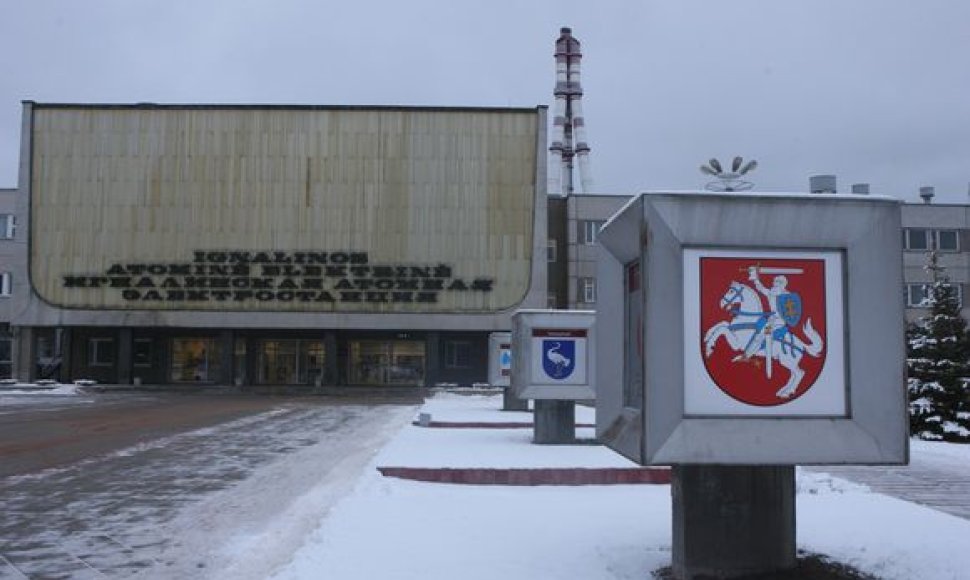"I don't know all the people in Lithuania. Besides, I can't interfere in competitions and tell them whom to appoint. He is competent, capable and able to handle that chaotic situation at the company," Butkevičius told reporters after the Cabinet's meeting when asked about his opinion about Janulevičius.
The prime minister said that Energy Minister Jaroslav Neverovič had informed him that Janulevičius was the best candidate for the post.
"He (Neverovič) organized the competition and he informed me on Friday that he (Janulevičius) demonstrated the highest level of competence among all the competitors," he said.
Janulevičius has until now worked as director of Hermis Capital (now Lime Investments), an investment company that is in the process of bankruptcy.
Janulevičius is facing big challenges, as the plan is at risk of losing EU funding with its key decommissioning projects running years behind schedule.
The INPP and Nukem, the general contractor, have a month, until March 31, to find a solution on how to remove fuel from the plant's reactor number two. If no solutions are found, the European Bank for Reconstruction and Development (EBRD) intends to completely stop financing the contract with Nukem and the German nuclear fuel storage casks manufacturer GNS.
The plant's new CEO thinks that many of the problems with the implementation of the INPP decommissioning project are due to the absence of an independent mediator who could propose solutions to these problems.
European donors last December suspended funding for the plant's spent nuclear fuel storage facility, known as B1, and gave Lithuania until the end of March to reach an agreement with Nukem. If no agreement is reached, EU funding may be discontinued.
Under the previous CEO, Žilvinas Jurkšus, the INPP lost 105 million litas (EUR 30.4m) in the collapsed banks Snoras and Ukio Bankas.
The consortium of Nukem Technologies, which is controlled by Russia's energy giant Rosatom, and GNS is implementing multi-billion-litas decommissioning projects at the Ignalina plant, which are running years behind schedule. The companies are building a solid radioactive waste storage facility complex, known as B1/2/3, and an interim spent fuel storage facility, known as B1, initially estimated to cost 123 million euros and 193 million euros, respectively.












